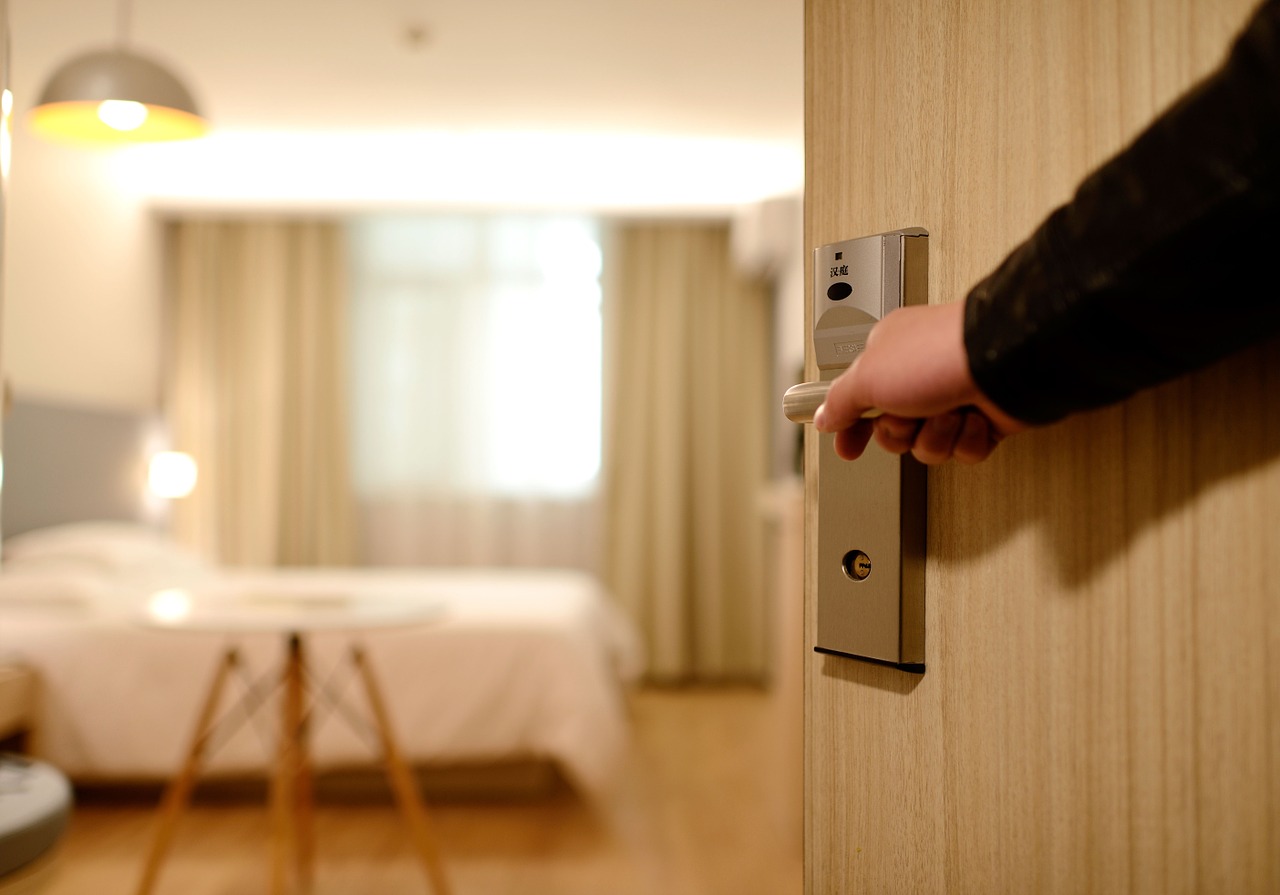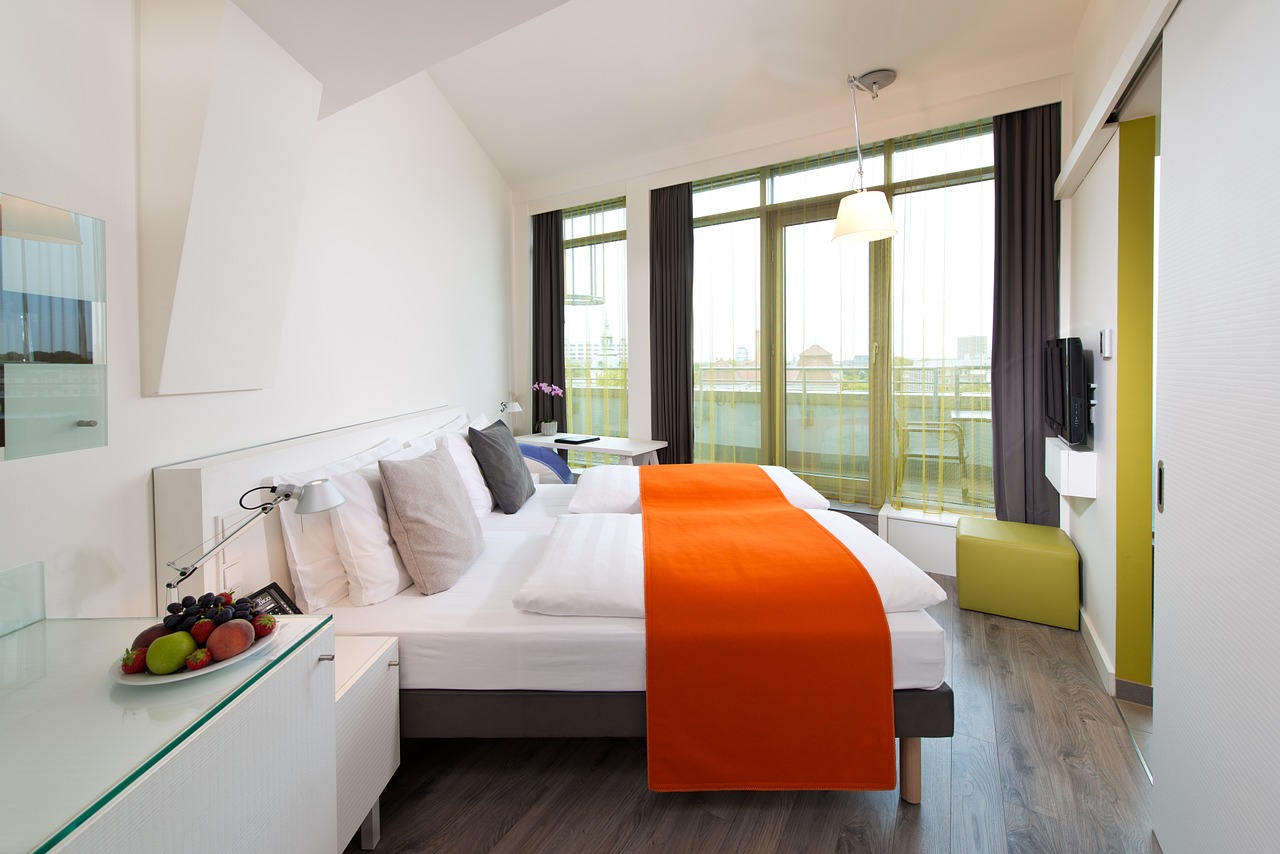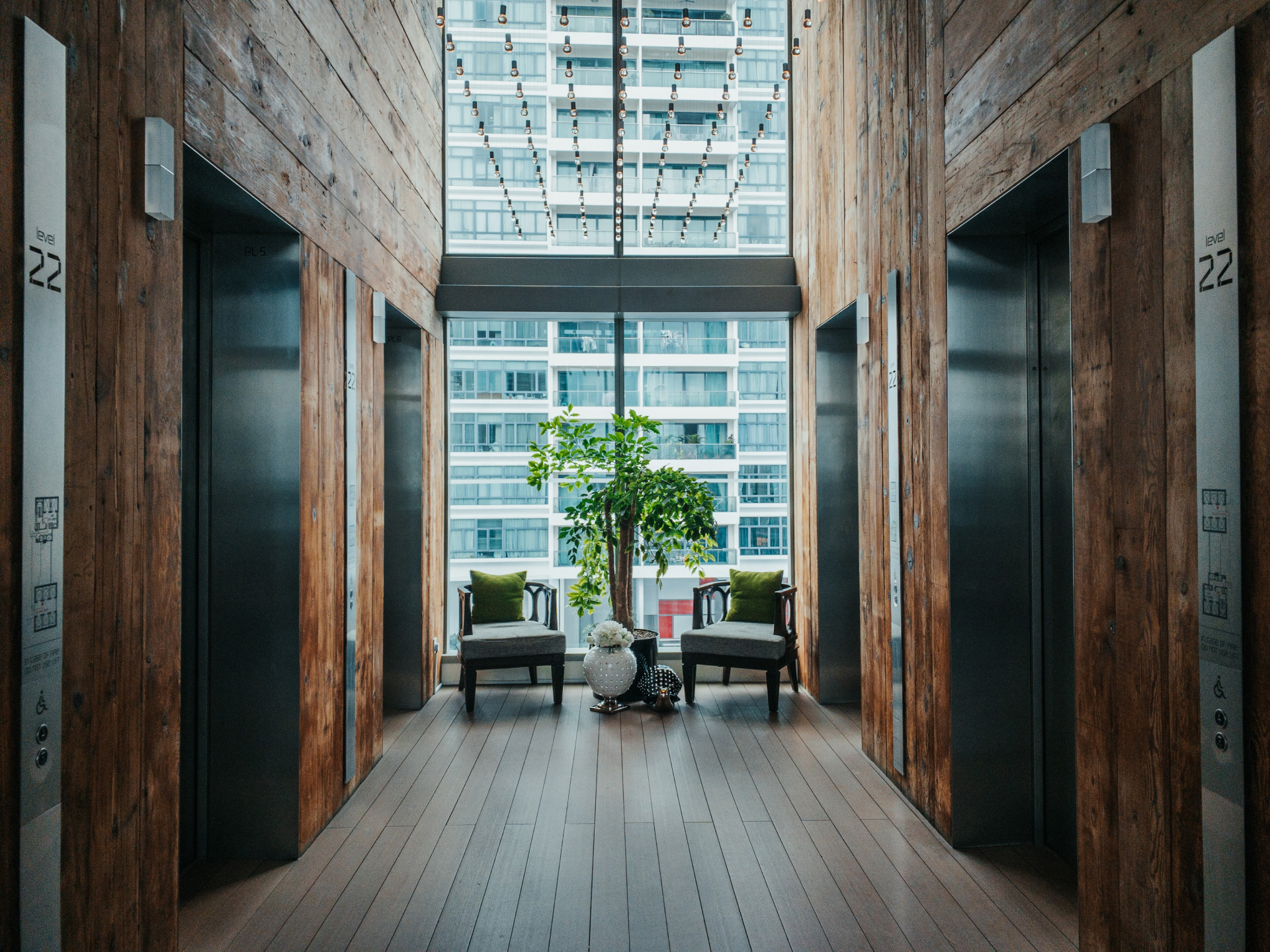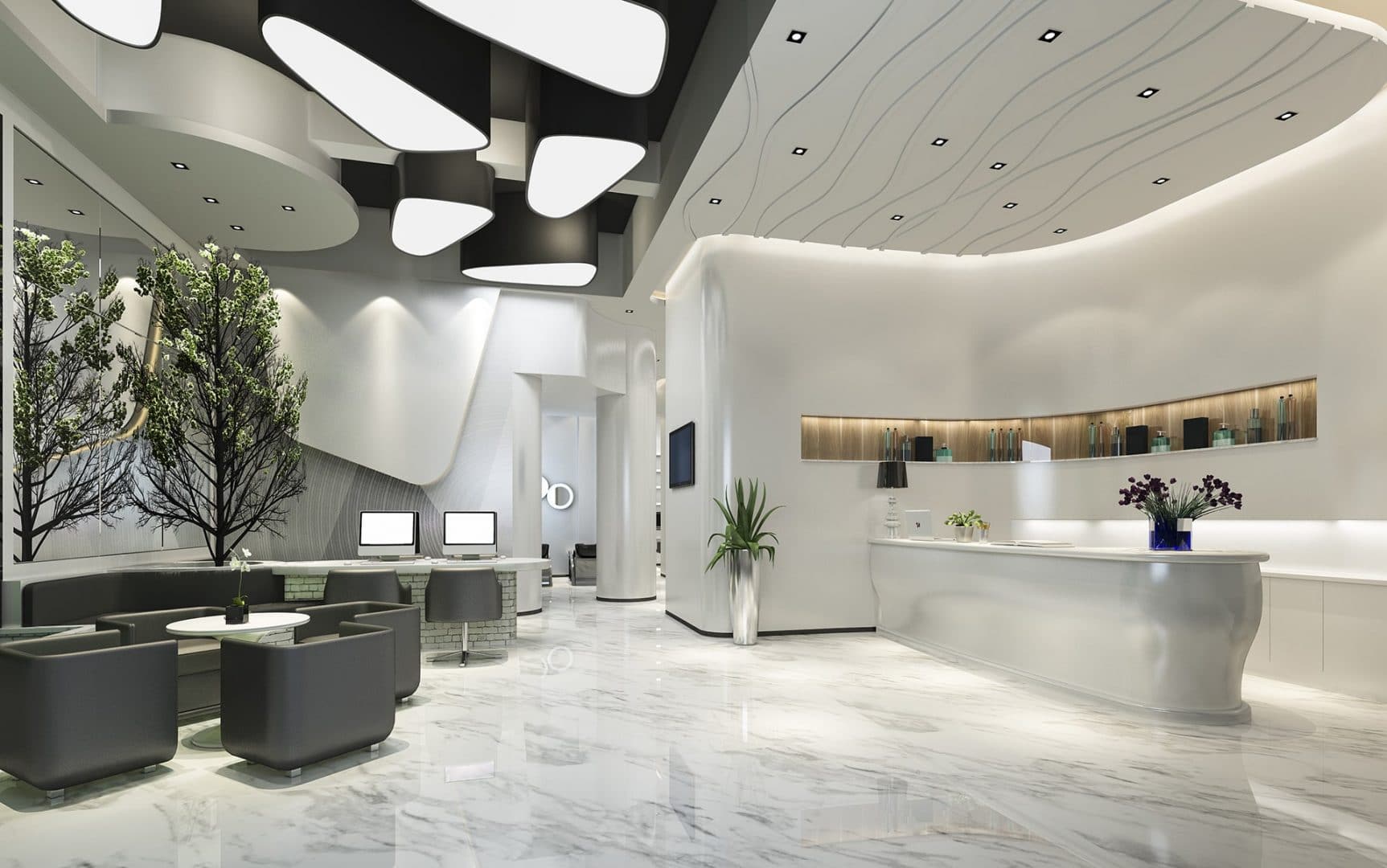The Essentials of Hotel Preventive Maintenance
July 13, 2022
Performing preventive maintenance in commercial buildings is key to optimizing facility management and increasing building efficiency. It’s implemented to varying degrees in commercial buildings, from routine cleaning of equipment and replacing filters in HVAC systems, to more complex maintenance and systems testing.
Preventive maintenance can not only help buildings save on operational costs, but it can delay or even eliminate equipment and system breakdowns from happening. Engaging in this type of maintenance can improve the experience for tenants and guests, while maximizing equipment lifespas.


What Is Preventive Maintenance in Hotels?
All commercial buildings require some level of preventive maintenance to keep equipment and systems in working order. Without it, machinery breaks down and systems fail, causing additional damage or disruptive outages for building tenants. Keeping on top of maintenance now by taking preventive measures can help delay or completely avert these things from happening.
In hotels, the priority is improving the guest experience. Unofficially, there is a rule to use the 80/20 ratio of dedicating 80 percent of maintenance to planned tasks, with the remaining 20 percent for unplanned ones. Preventive and routine maintenance make up the 80 percent, with the rest of building management time left available to address issues that come up.
With the primary goal being to improve the hotel guest experience, hotel rooms and guest common areas and supporting systems are the most crucial ‘assets’ and therefore should take priority with preventive maintenance.
Key Areas for Hotel Preventive Maintenance
The most important area to focus preventive maintenance efforts is systems that impact guest safety. This includes sprinkler systems, smoke and carbon monoxide detectors (battery checks), alarms, fire extinguishers and even locks on guest doors as well as other areas.
The quality of your hotel’s furniture and appliances is important if you want to minimize time spent on repairs, since repeated use of chairs, lighting and heating system elements can lead to a lot of extra costs to your bottom line. The smallest leak in a poor quality drain system can lead to extreme damage to customer satisfaction and the hotel’s infrastructure.
Preventative maintenance in hotel rooms goes beyond the furniture and fixtures in a room. In fact, air conditioning is one of the top areas for complaints in hotels. Whether it’s undesired temperature levels (too cold or not cold enough) or strange or unpleasant odors coming from the A/C vents, this is a key area for hotel preventive maintenance crews to focus on. Be sure to check for inefficiently functioning or dirty filters, blocked heating ducts and any leaks in your HVAC system.
Your hotel preventive maintenance strategy should include periodic checks of all electrical panels, outlets, plugs and circuit breakers to avert major electrical issues. A backup source of power is also recommended. By installing automatic timers and motion sensors for lighting, you can increase energy consumption efficiency and improve your guests’ comfort.
The kitchen, if your hotel has such a facility, should also be inspected regularly for operational efficiency and compliance with HACCP (top areas for complaints in hotels) standards. Failure to keep some systems clean and in top working order can lead to fire hazards or harmful air quality for kitchen staff and even guests.
Plumbing issues can be catastrophic to the smooth operation of your hotel, not to mention costly. Plumbing lines should be inspected regularly for signs of leaks, rusting, unusual water pressure, and cracked pipes, keeping on the lookout for signs of new water damage to ceilings and floors.
Special consideration should also be paid to preventive maintenance on elevators, dining areas, pools and fitness centers.
Another area to direct the focus of your preventative maintenance teams is the parking lot, where potholes and clogged storm drains not only create a poor impression, but can negatively affect your guests’ experience to varying degrees. Remember, although a lot of bookings are made online, hotels still receive a lot of walk-in guests and the curb appeal and appearance of the lobby should be a priority in your hotel preventive maintenance strategy.
Most Common Hotel Maintenance Issues
Some of the most common issues and complaints in hotels have to do with air conditioning, electrical blackouts, flooding, computer crashes, and Wifi outages, with less serious issues pertaining to in-room furniture and appliances that only affect one or two guests. It’s important to remember that any hotel system malfunction can have disastrous consequences since many of these issues impact more than one guest room, and may impact the building as a whole.
In addition to implementing a solid preventive maintenance strategy, one of the best ways to manage hotel maintenance problems is to have a maintenance crew on-call 24 hours a day, seven days a week. If it’s not possible to employ the staff in-house, professional agencies exist to support this effort and minimize the damage and costs in the case of a problem.
Hotel Preventive Maintenance Strategy How-To’s
If your facility management team executes it effectively, a preventive maintenance strategy can make the hotel guest experience as comfortable and free of disruption as possible. Your strategy should address all of the specifics of the hotel building infrastructure, with a maintenance schedule that implements tasks with the minimum impact on guests.
Start with an audit to see where things stand – it may seem like an inconvenience, but it will give you valuable information on various parts of your business.
To streamline preventive maintenance operations, here are a few tips:
- Set up a preventive maintenance schedule (preferably to fit into work periods and non-peak hours)
- Be very clear with instructions as well as expectations
- Delegate and assign tasks based off of skill
- Inspect and conduct reviews regularly to ensure quality
- Ask for feedback from your maintenance staff – what’s working, and what’s not?
Optimize Preventive Measures with Hotel Maintenance Software
Take your preventive maintenance to the next level by incorporating building management software into your facility’s infrastructure. There are different types available, but generally speaking, hotel maintenance software tracks all building assets and systems including equipment. It will automatically notify technicians if there is a problem, in addition to automating lots of steps in the preventive maintenance process including reminders for cleaning, routine tasks, repairs or replacements needed, and more.
With a preventive maintenance strategy supported by software that manages equipment and critical systems, FMs can have a more accurate finger on the pulse of your hotel’s assets and systems. This helps to prevent unnecessary repairs or maintenance tasks, reduce waste in labor hours, identify issues before (or immediately when) they occur, and even help find opportunities to conserve energy or increase revenue.

CriticalAsset eliminates the hassles of facilities asset management, allowing you to effortlessly manage and track all your infrastructure assets and devices in one place, saving you time and money. Sign up for a free trial.



